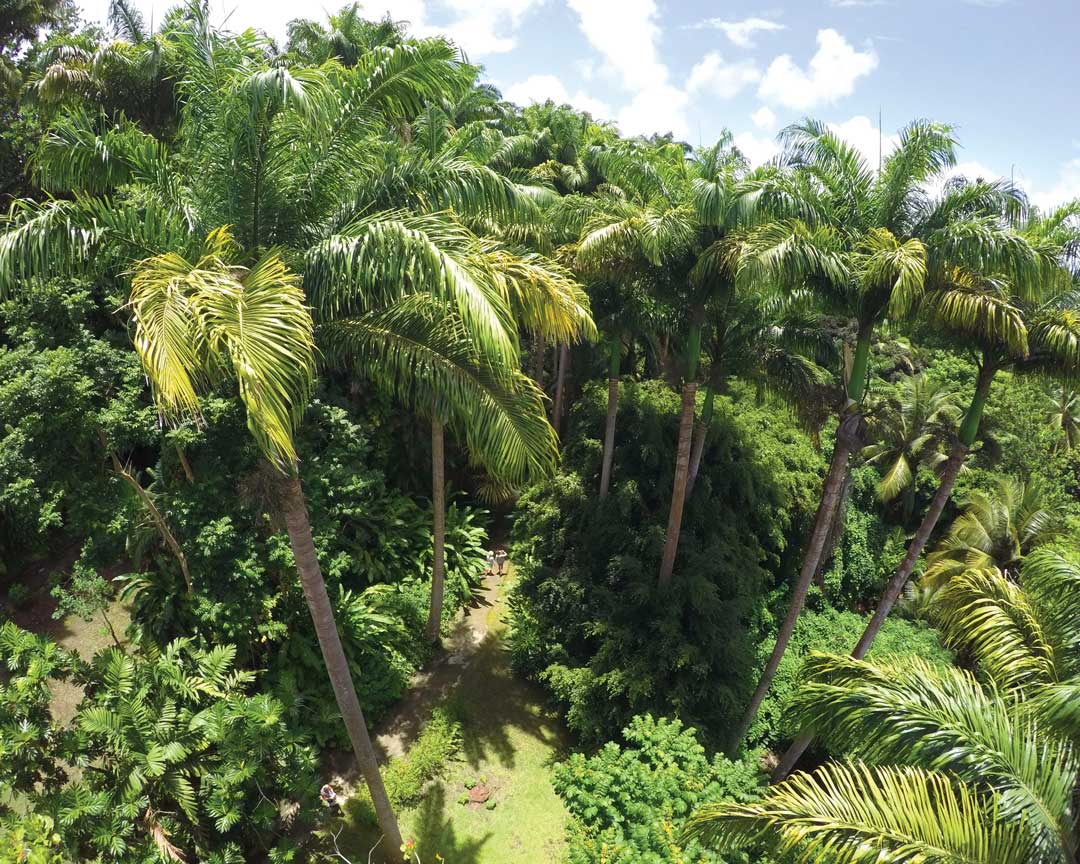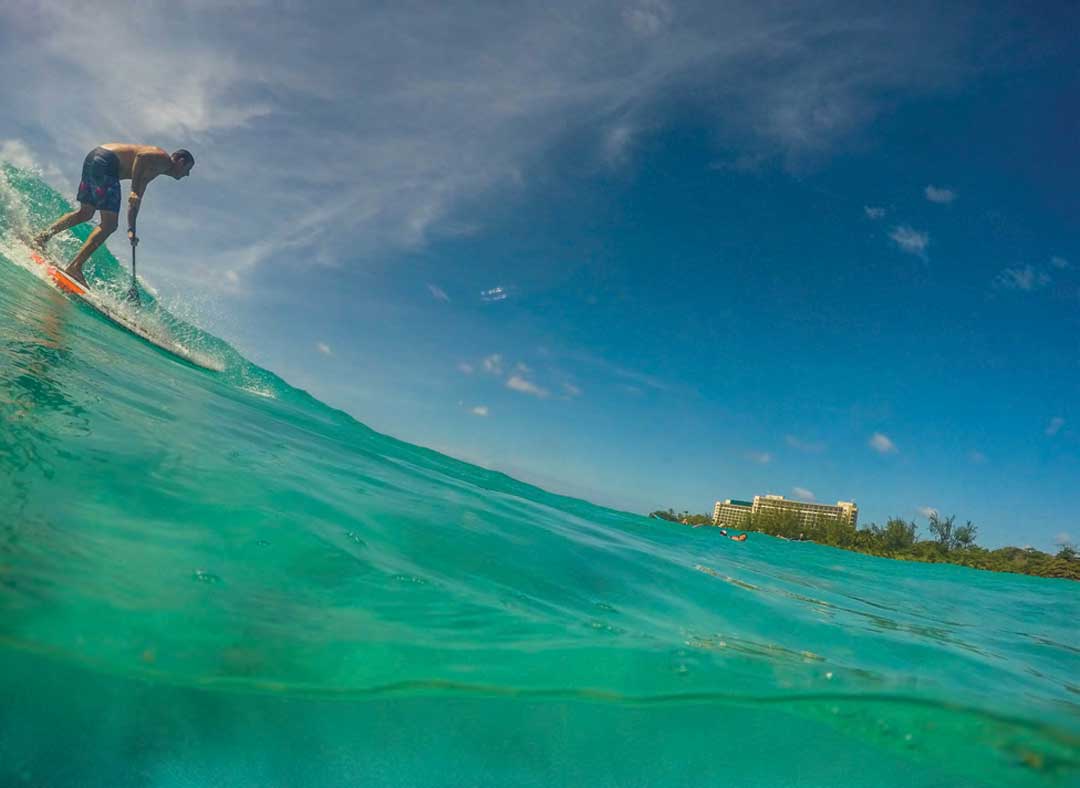
Often, little things that have significant impacts on our lives go unrecognised until they become crises and then we are forced to devise responses to meet those immediate needs.
For several years, Barbados was characterized as an over-populated, small island developing state (SIDS), where the push and pull factors have led to periods of outward and inward migration during key phases of national and global development. During the construction of the Panama Canal between 1881 and 1904, for example, more than 20,000 mainly Barbadian men left these shores in search of new opportunities and to be participants in the creation of one of the great wonders of the world.
Again in the 1950s through to the 1970s, when Britain called on its colonial dependencies to help it rebuild after the ravages of World War II, Barbadians answered the call and sent its nurses and other professionals to fill key skills-gaps in one of the world’s most important industrialised economies.
We recognised at that time that countries cannot simply build out key sectors or aspects of their economies without engaging others and welcoming new entrants to their communities and populations.
Even within the powerful United States of American (USA) and its neighbour Canada, there is a recognition that, despite the hundreds of millions who live in those North American countries, there is still room for managed migration to occur to ensure continued development in significant economic and resource areas.

And so, when our Prime Minister, Mia Amor Mottley announced following her successful election to leadership of this country in 2018, that Barbados needed critical mass and that it could not be achieved organically, some may have suggested there was no need for such a paradigm shift.
However, if we stop briefly and loosen our natural emotional tendencies to keep our communities and circles tight, with people who we already know and are accustomed to, we will see much value in the initiative.
Prime Minister Mottley identified a figure of 80,000 additional people over a 10-year-period. My guess is that given our attractiveness around the globe as an orderly, well-managed, politically stable and environmentally sensitive, safe destination to visit, work and live, her goal for population growth may be achieved in an even shorter period than our political leader has anticipated.
One only has to highlight the success of the Barbados Welcome Stamp visa initiative to conclude that these 166 square miles possess the pull factor that many desirable immigrants and their families would be drawn to, and want to call home. Jamaican and University of the West Indies Mona Campus Sociologist Dr. Orville Taylor recently spoke highly of Barbados’ political leadership and its Social Partnership comprising Government, the Private Sector and Labour representatives who continue to work together to maintain the island’s economic and social gains. He credited that social cohesion for our country’s economic stability and the maintenance of its dollar parity to the United States currency, even in the face of pressure from the International Monetary Fund (IMF) during the early 1990s, when others in the region succumbed and devalued their currencies. Of course, today, the IMF is a welcomed strategic partner in our economic rebuilding process.

Our current challenges have taken on an unprecedented character as our elderly population grows and the number of people from whom Government can extract tax dollars shrinks. According to statistical data, Barbados’ population growth rate has teetered below 0.5 per cent for more than a decade. In 2009, it stood at 0.41 per cent and by the end of 2019, the growth rate fell dramatically to 0.13 per cent.
And while there may be some hysteria about the managed migration initiative, one has to consider the fact that Barbados’ senior population is growing exponentially, the already low birth rate continues to fall and the need for tax-payer funded social investments continue to rise.
As our Prime Minister pointed out, the first search for extending our population will begin with Barbadian descendants, many of whom have contributed significantly to global economies, and then skilled persons within the region.
“It means that we are going to have to have a fairly liberal approach to immigration while at the same time having a very strong framework for managing migration to the island,” Prime Minister Mottley said, citing the Barbados diaspora and other individuals with skills that could add value to the country’s development trajectory.
Unless we are able to formulate a cohesive, inclusive strategy that accepts that some demands of our economy are best achieved through managed migration, the sustainability and resilience of our standard of living will be under threat.
A mindset change that involves the acceptance of other cultures, ethnic and racial diversity, will make for a successful national experiment and the development goals will be within our grasp.
Such a major national thrust will require strong leadership, dynamism and strategic planning, the kind that we have already been demonstrated in Barbados’ national responses to crises such as the COVID-19 pandemic, the rapid action to combat the blacklisting of the island by the European Union for tax purposes, and the country’s public debt, which was has been successfully restructured.
This is our time as citizens to act. And to those who are considering relocation to Barbados, there has never been a better time to make that decision.







